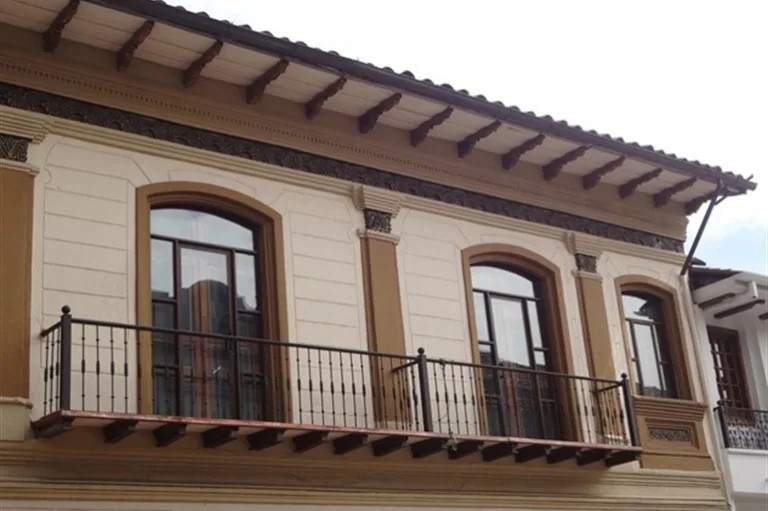Mexican president won’t attend the Americas Summit, a rebuke of U.S. exclusion of leftist countries
In a rebuke to President Biden, the president of Mexico, Andrés Manuel López Obrador, said Monday that he would not attend the Summit of the Americas in Los Angeles after news emerged that the United States would not invite Cuban, Venezuelan and Nicaraguan leaders to the meeting.

Mexico President Andrés Manuel López Obrador
Mr. López Obrador had threatened to boycott the summit for weeks unless all countries in the Americas were invited, but he made good on his promise during his morning news conference, announcing that Foreign Minister Marcelo Ebrard would attend in his stead. The weeklong summit began Monday.
“There can be no Americas Summit if all the countries of the American continent do not participate,” Mr. López Obrador said. “Or there can be, but we believe that means continuing with the politics of old, of interventionism, of a lack of respect for the nations and their people.”
The announcement was a blow to the Biden administration, coming just hours before the start of a meeting meant to demonstrate the resurgence of U.S. leadership in the region.
Instead, the summit will go ahead without the leader of one of the United States’ most important trading partners, and the second-largest economy in Latin America. Mr. López Obrador did say that he would meet with President Biden separately in July.
During a White House press briefing on Monday afternoon, press secretary Karine Jean-Pierre said Washington had engaged with Mr. López Obrador and other regional leaders on the issue of invitations for more than a month.
President Biden’s “principal position is that we do not believe that dictators should be invited,” Ms. Jean-Pierre told reporters. “We look forward to hosting Foreign Secretary Ebrard as the Mexican representative.”
On Monday, Mr. López Obrador blamed pressure from Republican and Democratic lawmakers, notably Senator Robert Menendez of New Jersey, as well as the influence of the Cuban American community for the administration’s decision to exclude leaders of the three countries.
In a statement, Senator Menendez said the meeting is an “opportunity for democracies — not authoritarian thugs — from across the hemisphere to forge an agenda that advances our shared prosperity and democratic values.”
The last-minute decision by Mr. López Obrador is likely to dampen expectations that the meeting will re-establish U.S. influence in a region largely ignored by former President Donald J. Trump. But it may also undercut Mr. López Obrador’s own wish to be seen as a leader in the region.
“It’s going to reveal in many ways that his ability to lead the rest of Latin America is simply not there,” said Tony Payan, a Mexico expert at Rice University’s Baker Institute for Public Policy. “It aligns Mexico against its own interests with what is really three, rather small, impoverished, dictatorial nations. In the end, Mexico is giving up a valuable seat at the table.”
Mr. López Obrador’s announcement follows weeks of negotiations during which Washington has sought to convince regional leaders to attend the summit. In the case of Presidents Jair Bolsonaro of Brazil and Alberto Fernández of Argentina, the negotiations apparently succeeded, with both leaders confirming their attendance despite some initial skepticism.
Still, Mr. López Obrador is not alone in boycotting the event.
In addition to Mexico, Honduras has announced that it would be represented by its foreign minister at the summit, and not President Xiomara Castro. The participation of Bolivia also remains in doubt after President Luis Arce also vowed to boycott the event unless all countries in the region were allowed to attend.
And the president of Guatemala, Alejandro Giammattei, announced last month that he would not attend the meeting after the State Department barred the Central American nation’s attorney general from entering the United States “due to her involvement in significant corruption.”
The bickering over the participation of states like Venezuela and Nicaragua, countries rife with human rights abuses, as well as the snub from Mexico’s president, will likely add to criticism of the summit as a whole, and reignite speculation over whether a meeting of such disparate interests is worthwhile.
In an opinion essay published in the Los Angeles Times last week, Dan Restrepo, a Latin America adviser to President Barack Obama, argued that “the Summit of the Americas is a fatally flawed forum that doesn’t serve its purpose and limits our country’s focused attention on its closest neighbors to a once-every-three-years event.”
__________________
Credit: The New York Times


















